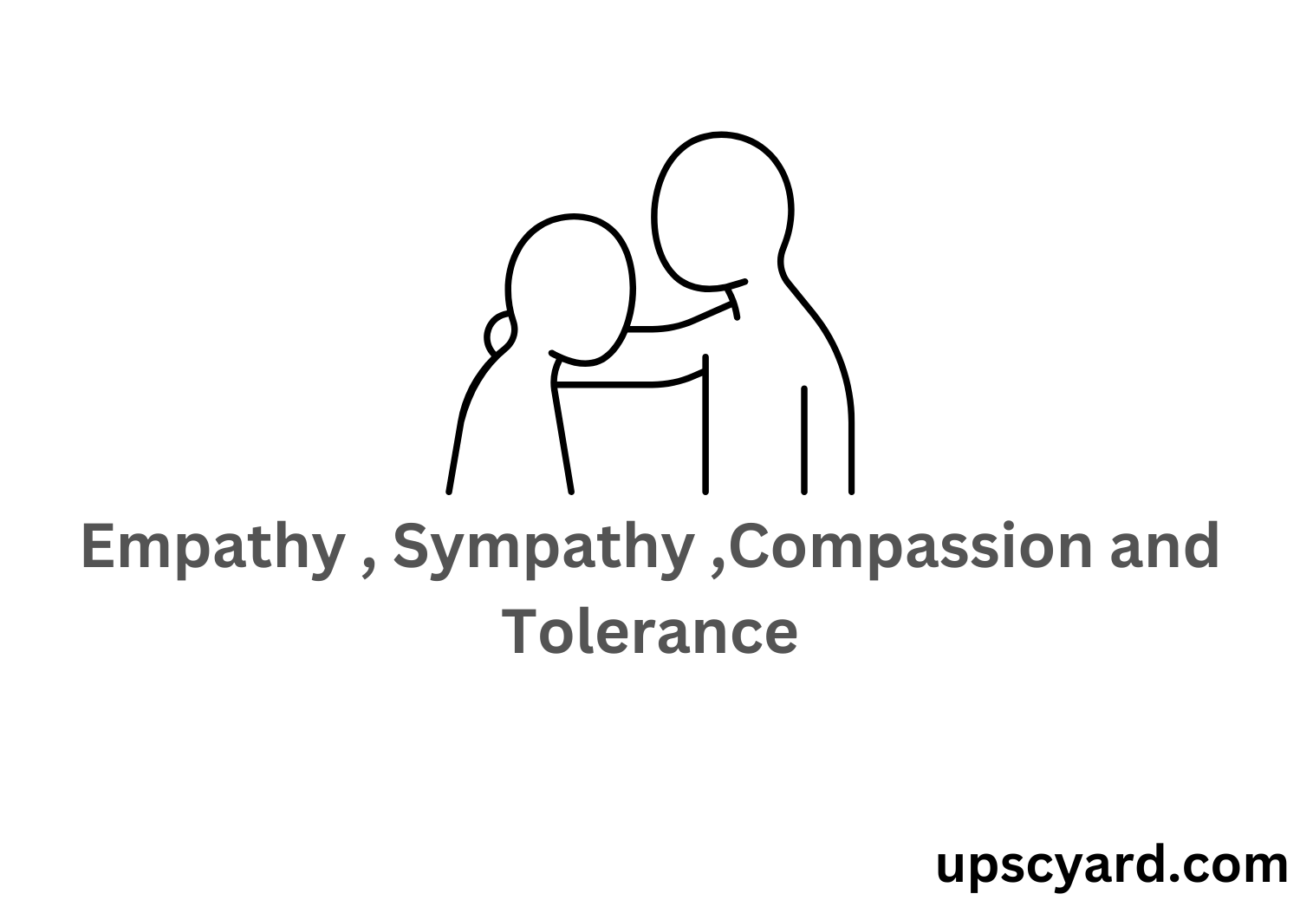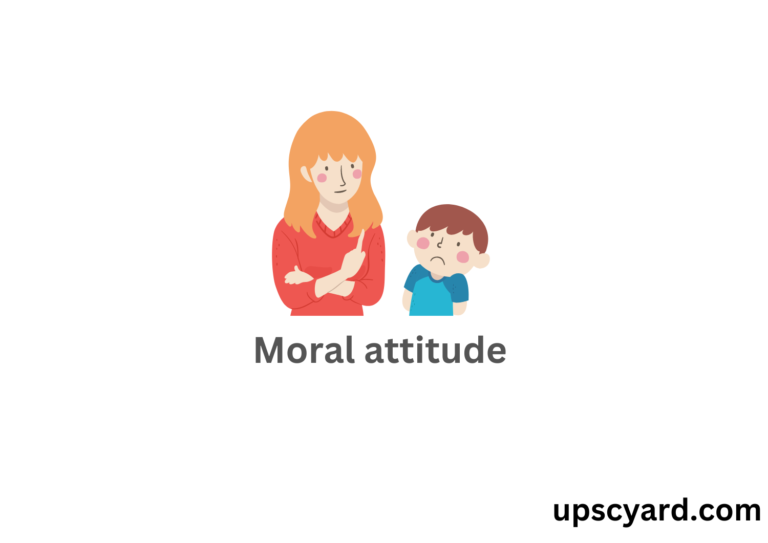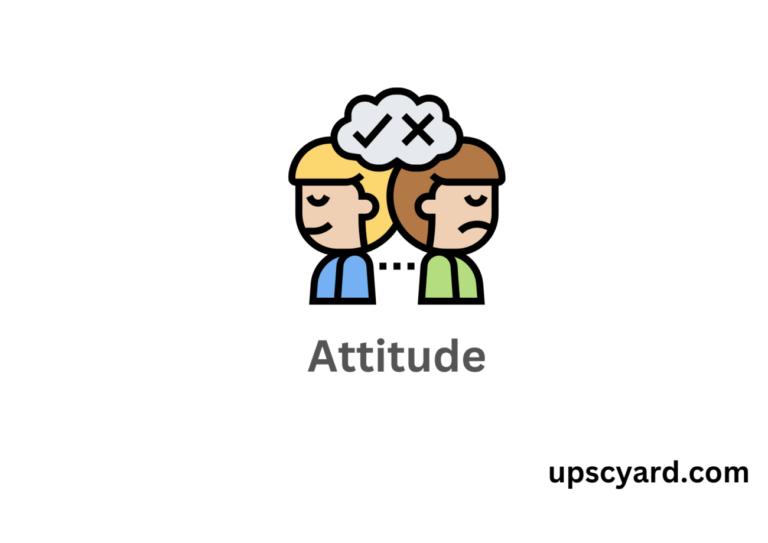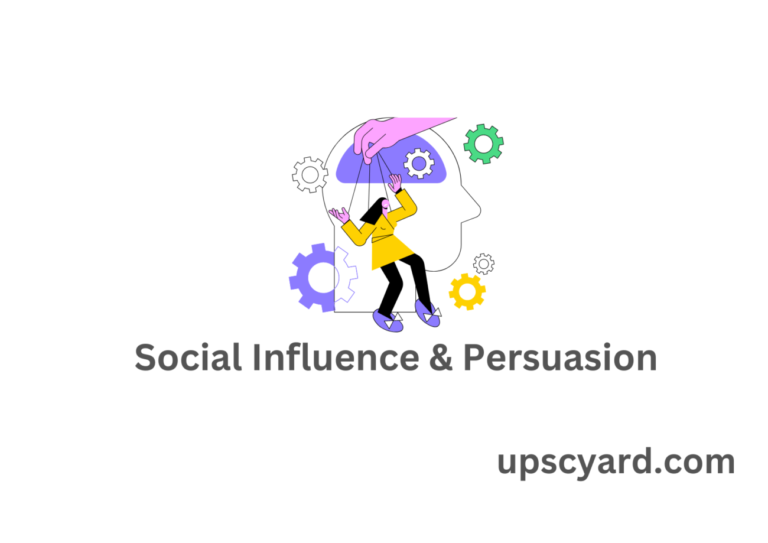Empathy
Empathy is the profound capacity to emotionally comprehend and relate to what others are experiencing, perceiving the world through their eyes, and envisioning oneself in their circumstances. It essentially involves immersing oneself in someone else’s perspective and genuinely understanding what they might be going through.
Empathy enables an instantaneous connection to the emotions of others, allowing us to truly feel what they are experiencing when faced with hardship.
While individuals are often in touch with their own feelings and emotions, it can be demanding to fully grasp the emotions of others and put ourselves in their shoes. Empathy arises when we find ourselves contemplating the challenges someone else might be facing, pondering how they manage to cope, and empathetically considering their struggles, such as how they manage to meet their financial obligations.
If there is empathy, nothing else matters. If there is no empathy, again nothing else matters.
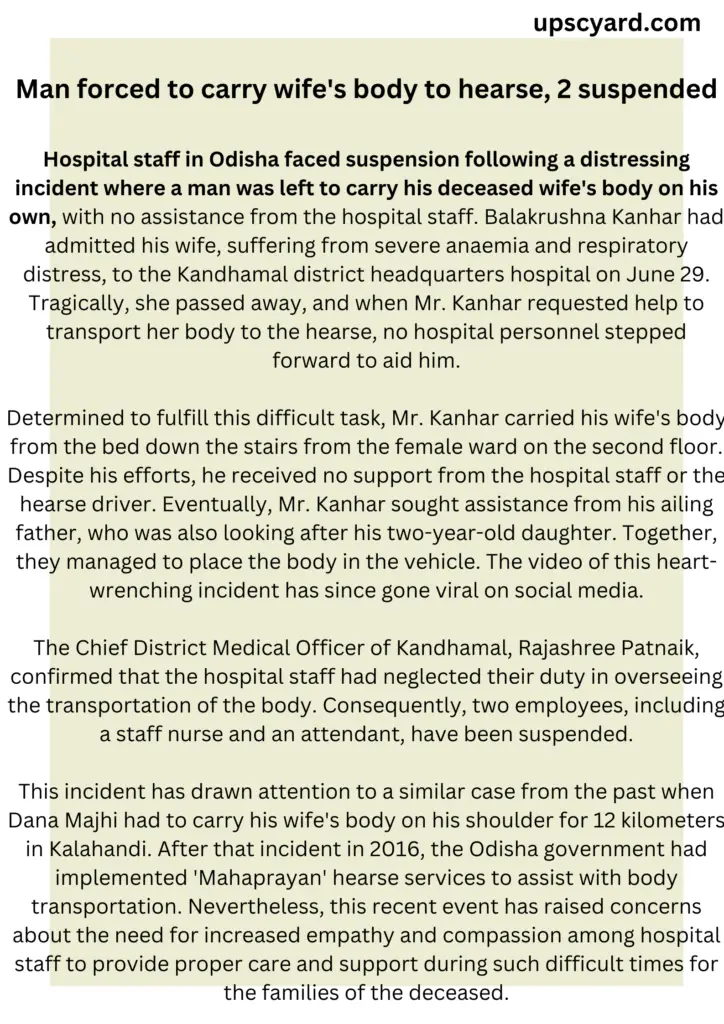
Types of Empathy
1.Affective Empathy: This facet of empathy encompasses the capability to comprehend another individual’s emotions and react appropriately to them. Such emotional understanding may evoke genuine concern for the well-being of the other person, or it may trigger personal distress as a response to their emotions.
2.Somatic Empathy: This form of empathy involves experiencing a kind of physical reaction in response to what another person is going through. At times, individuals may physically feel the sensations or pain that the other person is experiencing, creating a shared somatic response.
3.Cognitive Empathy: Cognitive empathy refers to the ability to grasp another person’s mental state and discern their thoughts and reactions in a given situation. It is closely linked to what psychologists term “theory of mind,” which is the capacity to contemplate and understand what others might be thinking or feeling.
What are the element of Empathy
Beyond Emotions:
While empathy is rooted in emotions, some philosophers argue that it also contains a rational element. This rational aspect emerges from its connection to concepts like fairness, justice, and interconnectedness. As a result, empathy can be seen as a rational activity based on sound judgment.
Empathy as a Virtue:
In the realm of ethics, moral sentimentalism posits that morality is derived from our desires and emotions. This philosophical school provides rational justifications for commonly accepted moral traits. One such trait is empathy, which is frequently described as a form of concern for others and is regarded as a crucial virtue.
Biological Underpinnings:
Empathy is believed to be an intrinsic aspect of human nature, likely shaped by the course of human biological evolution, akin to other components of our mental makeup. As a fundamental aspect of our nature, empathy has played a vital role in human adaptation to the environment, survival, and procreation.
Empathy , Sympathy , Compassion
Empathy
Empathy is the profound capacity to emotionally comprehend and relate to what others are experiencing, perceiving the world through their eyes, and envisioning oneself in their circumstances.
- Has he had anything to eat? I can’t imagine how much pain he must be in. He must be starving… It’s unfair that he has to endure such a difficult life… He must be feeling completely overwhelmed.
Sympathy
Sympathy is the act of recognizing and comprehending another individual’s challenges. It involves caring about and expressing sorrow for the distress, grief, misfortune, or adversity faced by someone else.
- Witnessing such a young child working is truly heart-wrenching; I feel an overwhelming sense of sorrow for him.
Compassion
It is an unparalleled sensation of compassion towards the suffering of others, encompassing emotions, empathy, a deep sense of understanding, and a strong desire to protect and support them.
- Compassion forms the foundation of the concept of ahimsa, or non-violence. Ahimsa guides us to refrain from causing harm to others, both in physical and emotional aspects.
The need for empathy and compassion towards marginalized sections becomes evident when considering the struggles faced by migrants during the lockdown.
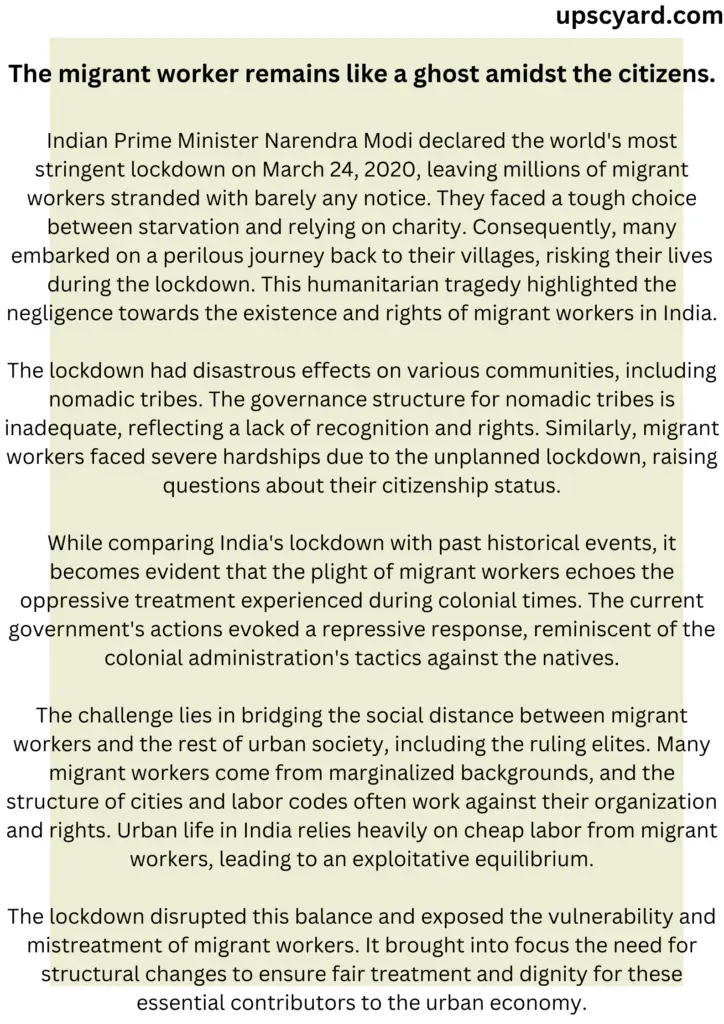
When discussing empathy and compassion, it is essential to highlight their significance not only towards fellow human beings but also towards other living creatures and the environment.

What is Tolerance ?
Tolerance can be described as an impartial and unbiased attitude towards individuals with diverse lifestyles compared to our own. Reflecting on our own way of life and then considering others’, we might find certain aspects of their lives annoying. It is common to encounter people whom we perceive as “incompetent” or “irritating.” Embracing tolerance can transform our attitudes, leading to a more fulfilling and content life.
Tolerance is crucial for fostering peaceful coexistence. During times of peace, individuals have the opportunity to thrive socially, economically, and emotionally. A tolerant society values and respects every individual, embracing their unique ideas, thoughts, and aspirations. The significance of tolerance lies in its role as an essential element of a healthy and harmonious society. In a country as diverse as India, encompassing political, religious, and economic diversity, tolerance is the key to harnessing differences for collective growth and prosperity.
Amidst globalization, where people from various backgrounds, cultures, and religions coexist, establishing tolerance and harmony is paramount. Cultivating mutual love and affection has become vital to sustain lasting peace and foster solidarity among communities. Tolerance is a two-way street, requiring respectful expression of differing opinions without resorting to hatred or provocation.
In a world marked by multiculturalism and diversity, tolerance is not limited to one side showing forbearance while the other does not. For it to be effective, both parties must demonstrate tolerance in their approach to various issues. By embracing tolerance, we can build a world where differences are celebrated and communities thrive through cooperation and understanding.
Qualities most essential for a public servant and why?
Empathy and compassion form the bedrock of a civil servant’s ability to serve with both intellect and emotion.
A civil servant’s oath of allegiance to the Constitution of India binds them to work for the rights and advancement of the weaker sections of society. Upholding this oath with a compassionate approach ensures that public servants fulfill their duty to serve the nation’s citizens, including those most vulnerable.
By cultivating empathy, civil servants can deeply grasp the challenges faced by the marginalized and vulnerable groups, including Divyangs and transgender individuals, and proactively work towards enhancing their circumstances. This fosters the development of a compassionate welfare state, where the needs and well-being of all citizens are prioritized and uplifted.
Observing a child working as a waiter in a restaurant might evoke various responses in individuals. If one simply feels sadness for the child, it demonstrates sympathy. When the person can connect their own experiences or their own children’s experiences with that child, it reflects empathy. However, true compassion arises when someone goes beyond being a mere observer and takes action within their capacity to contribute positively, such as informing NGOs, arranging education, or counseling the child’s parents.
Having tolerance and compassion towards the weaker sections is crucial for a civil servant, as these qualities enable them to lead with both their intellect and heart. They form the foundation of character and positive relationships, which are instrumental in delivering services that cater to the needs of the vulnerable sections of society.
A practical example highlights the significance of empathy and understanding for the weaker sections, as seen in a grievance redressal meeting for the differently-abled. Despite being exclusively for them, the venue lacked accessibility, causing agitation among the attendees. This exemplifies how empathy and in-depth understanding are indispensable for civil servants at every stage, as lacking this essential quality can lead to inefficiencies and failures in public administration.
Sensitivity training plays a crucial role in fostering empathy within public services.

Quotes
- “If there is any one secret of success, it lies the ability to get the other person’s view and see things from his angle as well as your own.” —Henry Ford
- Yet, taught by time, my heart has learned to glow at other’s good, and melt at another’s woe”. Homer
- “When A good man is hurt all who would be called good must suffer with him” —Euripides
- “I call him religious who understands the sufferings of others”. —Mahatma Gandhi
- “Seeing with the eyes of another, listening with the arsof another,and feeling with the heart of another”. —Alfred Adler

